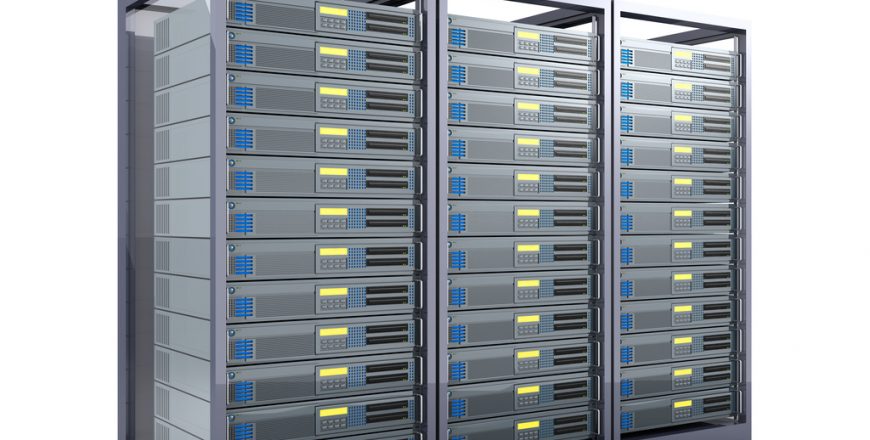
- 5
- 4
- 3
- 2
- 1
How to Choose a Business Server
When setting up a new business there are so many things to sort out that it is possible that you don’t spend too much time considering the server that you use.
However, this is a vital issue that you definitely don’t want to overlook. So, what do you need to know when you start the process of looking for a business server that won’t let you down?
The truth is that there are a few basic points you need to understand in order to make a smart decision.
What Is a Server?
The first point to consider is around what a server really is, before moving on to look at whether you need one. They tend to look like desktop computers but the truth is that they work in a completely different way.
A server enables shared hosting, vdi hosting, and similar other functions by connecting a wide number of PCs by running the operating system that they use 24 hours a day and 7 days a week. This means it is vital for the smooth running of a business, as a server that lets you down could leave the whole company without the likes of email, Word and other vital applications.
The server is also where your documents will all be stored. Having this central point for documents means that there is a place where everyone in the business can store and retrieve anything at any time.
Do You Need a Server?
A business will typically need a server once it starts to grow and gain more members of staff. In some cases, the switch to using a server will become necessary after the company grows to contain around half a dozen or more people.
As well as dealing with the growing demand for space and power, this is when the need for greater security is often needed. A company that is going places will want to find a way of making sure that only authorised members of staff can see the documents that are designed for them to use.
The use of a server gives your company a way of storing all of your documents somewhere other than on individual computers. This allows for a high degree of security and also means that if an individual PC fails it won’t affect the documents or the work being done by other people.
Consider the Different Options
There are a few different types of server that you will want to be aware of before you make any decision. For example, do you want to run your own server or could you make use of cloud technology, as well as things like edge computing (which you can learn more about here vantiq.com/what-is-edge-computing/), to enable data to be processed as quickly as possible?
A popular choice these days comes with Windows VPS hosting, which gives you a fast and effective solution. When deciding which of the different types of server to go with you will want to think about issues such as cost, flexibility and the support on offer.
By making the right choice you will get a server that helps you to work more smartly and that puts your mind at ease in terms of issues such as security and storage.
